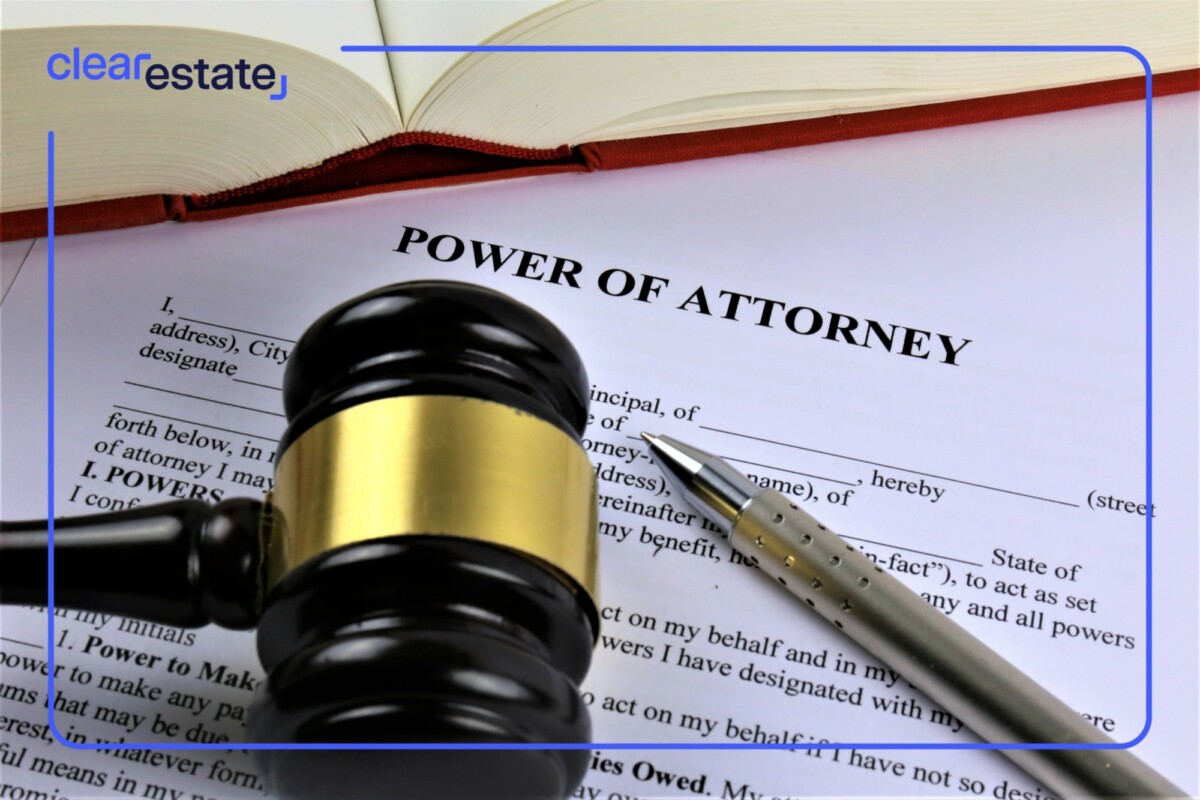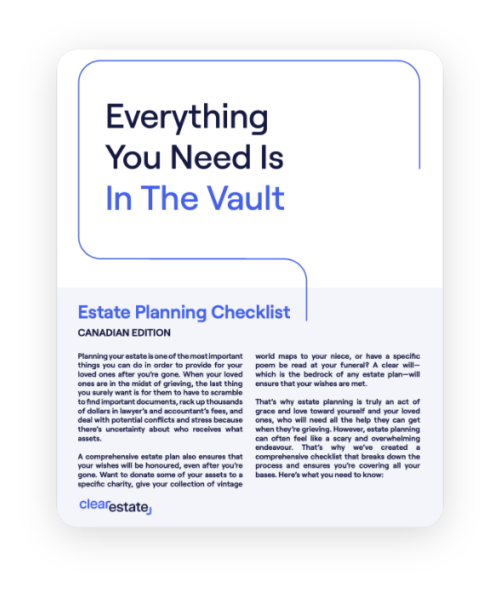Estate Planning
Nov 29, 2024
7 Critical Trust Fund Mistakes Parents Must Avoid in 2025
Setting up a trust fund? Learn the biggest mistake parents make and ensure your child's financial security with expert guidance.
In Alberta, utilizing a power of attorney is an essential part of planning your estate. Here’s everything you need to know about POA's in Alberta.


Making plans for worst case scenarios is something most people try to avoid thinking about, but it is essential for making sure your loved ones are cared for once you’re no longer able to.
However, while you may have considered making a will or even planning out your estate to ensure a smooth transition of assets, have you considered what might happen if you became incapacitated and were unable to make decisions for yourself or provide for your family?
This is where making an Enduring Power of Attorney is a sensible option. Read on to learn more about what making an Enduring Power of Attorney involves for residents of Alberta.
Table of Contents
What Is An Enduring Power Of Attorney
Why Should Alberta Residents Make An Enduring POA
Why Should Alberta Residents Make A Personal Directive
What Your Attorney Can And Can't Do
Do I Need A Lawyer To Make An Enduring POA And Personal Directive
What Does It Mean To Have "Mental Capacity" According To The Law
Who Can You Appoint As Your Attorney
When To Review And Change Powers Of Attorney
In Alberta, an Enduring Power of Attorney is created under the Powers of Attorney Act. It is a signed, dated and witnessed legal document that gives another person named in the document the authority to conduct your financial affairs on your behalf while you are still alive.
As the person making the Enduring Power of Attorney, you are known as the donor, and the person acting on your behalf is referred to as the attorney. The Enduring Power of Attorney only has legal force during your lifetime and comes to an end in the event of your death, at which time your financial affairs are subject to estate settlement as outlined in your will.
While you may have considered the financial welfare of your loved ones as part of estate planning and making your will, you may not have considered what might happen should you be incapacitated during your lifetime.
An Enduring POA is a good idea if you have a degenerative illness that is likely to lead to your being unable to make financial decisions or care for your loved ones. If you are employed in a risky profession or regularly participate in activities that might result in serious injury, it can also be a sensible course of action.
But even if none of the above applies to you, you should still consider making a POA. You never know what can happen in life, and it’s better to be over-prepared than to leave your loved ones scramblings to sort your financial affairs.
Without an Enduring POA, your family would have to apply to a court under Alberta's Adult Guardianship and Trusteeship Act in order to become a trustee if you become incapacitated. Unfortunately, this can be a lengthy, complicated and expensive process and could result in someone becoming responsible for your finances who would not have been your preferred choice.
A personal directive differs from an Enduring Power of Attorney in that it relates to power over decisions on personal matters, such as housing and healthcare, rather than financial matters. As with an Enduring POA, you must name a person to take care of these matters for you should you become incapacitated.
The law in Alberta does not allow for someone to automatically take over your personal decisions if you are unable to do so. Therefore, it is a sensible choice to have a Personal Directive in place where you name a person you trust to make healthcare and wellness choices on your behalf in case you’re no longer able to.
Your Attorney under an Enduring POA can make most decisions regarding your finances, including:
However, your attorney may not make any decisions of a personal nature, such as healthcare or housing. That’s where a Personal Directive comes into play.
A lawyer is not necessary for making an Enduring POA or a Personal Directive in Alberta. However, there are some conditions that your POA and Personal Directive must meet in order to be legally binding.
Legally, mental capacity is the ability to understand the information relevant to making a particular decision and appreciate any foreseeable consequences arising from that decision.
When making an Enduring POA, you can choose whether it starts immediately and continues when you lose mental and/or physical capacity, or is enforced at the point when you lose capacity.
In Alberta, you can appoint anyone over the age of 18 as your attorney, as long as they have mental capacity. However, it's best if you select someone that you trust. Most people choose a spouse, an adult child, or another close family member as their attorney.
It’s also a good idea to have a back-up or alternate attorney named in case your chosen attorney passes, becomes themselves incapacitated, or cannot fulfill the duties of the POA for some other reason.
Generally, it's best to review your POA annually to ensure it still meets your needs. Additionally, if you are diagnosed with a serious illness, you may also want to review it. Finally, you will need to review if your named attorney is now unavailable, incapacitated or no longer has your trust.
POAs and Personal Directives don’t have to be a complicated or intimidating matter. Think of them as another tool in your toolbox for ensuring a smooth and secure future for yourself and your loved ones. Want to learn more about setting up a POA? Get in touch for a free consultation today.
 Secure Your Legacy
Secure Your Legacy
Get your free 12-step Estate Planning checklist now. 89% of readers complete their estate plan within 3 months of using our guide.
Instantly Access Now